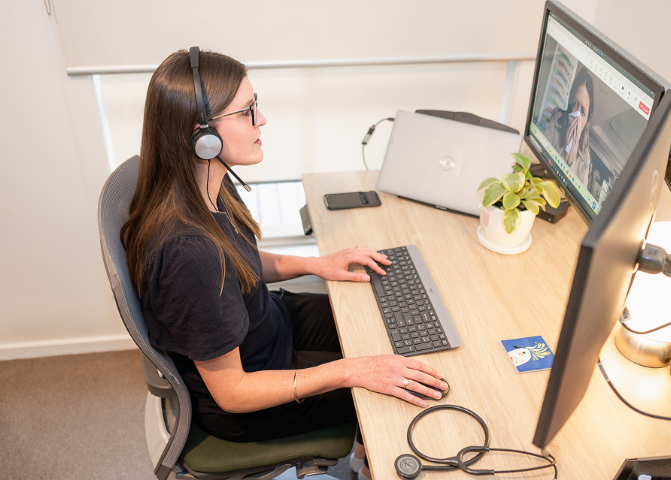14/09/2024
The Connection Between Tics and Anxiety: Causes, Symptoms, and Management
Tics are a frustrating and concerning symptom of anxiety, and can actually fuel anxiety even more, turning your mental process into a vicious circle. However, it’s important to know that there are measures one can take to minimise anxiety tics and get treatment for anxiety.
While tics are not always a symptom of anxiety, there is a clear link between the two. Here, Medmate discusses the connection between tics and anxiety, revealing the causes, symptoms and management of the condition.
What is an anxiety tic?
Anxiety tics are sudden, involuntary movements and vocalisations that result from anxiety conditions. Tics that involve motor functions (body movement) are called motor tics, while vocal tics are the involuntary saying of words or sounds. Tics aren’t always preventable, but there are strategies to manage stress, promote relaxation, and guide you toward positive thinking.
Other types of tic
Tics may not be caused by anxiety, and instead may be a result of neurological disorders. Tourette syndrome (TS) is most often associated with motor tics and vocal tics, and has no connection as a symptom of anxiety
What are common anxiety tics?
The most common anxiety tics include eye blinking, head jerking, and lip twitching. Other motor tics are more complex, with coordinated gestures. Coughing, grunting, and throat clearing are common vocal tics, and offensive expressions are also common but this is more closely linked to neurological conditions like Tourette syndrome.
What causes anxiety tics?
Simply put, stress and anxiety increases risk of developing anxiety tics. The more stressed your brain is, the more likely it is to develop tics. Triggers for anxiety generally increase tic activity, meaning the causes are highly individual for each person. While the loss of a loved one may trigger anxiety tics for one person, being in a crowded supermarket may do so for another.
How to manage anxiety tics
With effective strategies and professional treatment, we can manage anxiety tics and overcome anxiety conditions altogether:
- Breathing exercises can help calm the mind and reverse triggers for anxiety tics.
- Healthy distractions like music or conversation with a friend can stop the mind from focussing on the tic.
- Affirmations and positive self-talk can also relieve negative thoughts.
- Exercise is a great distraction tool. When you start experiencing tics, going for a 10-minute walk may help.
Professional treatment with Medmate
Medmate helps Australians manage all symptoms of anxiety, including tics. As Australia’s team of telehealth professionals, we are dedicated to helping you start feeling better. Providing personalised care from the comfort of your own home, getting treated for anxiety with Medmate is easy. Take the first step towards overcoming anxiety and book in for a consultation today.
Recommended reading
Search for a specific topic or filter by categories to find information on what you need to know on the full Medmate Journal

What Are Antihistamines and How Do They Work?
If you experience sneezing fits in spring, itchy skin after contact with something new, or watery eyes around pets, you may have been told to take an antihistamine. But what…
